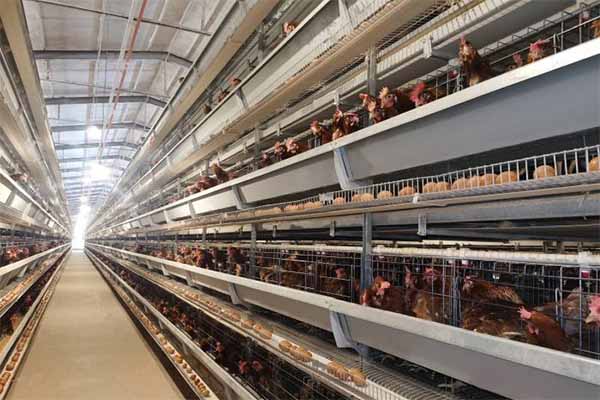What to Consider Before Buying Poultry Cages: A Comprehensive Guide for Chicken Farm Owners and Investors
1. Types of Poultry Cages
Before purchasing poultry cages, it’s crucial to understand the various types available in the market. Here’s a brief overview:
–
- Layer cages: Ideal for egg-laying hens.
- Broiler cages: Designed for meat production, with faster-growing birds.
- Free-range systems: Provide more space for birds, but require additional infrastructure.
2. Material Quality
The durability and lifespan of poultry cages depend on the quality of materials used. Consider the following factors:
–
- Galvanized steel: Highly durable and resistant to corrosion.
- Welded construction: Ensures structural integrity and longevity.
- Rod diameter: A minimum of 1.5mm is recommended for optimal strength.
3. Design and Space Requirements
The design and space of poultry cages play a vital role in bird welfare and production efficiency. Here are key considerations:
–
- Roost height: Ensure hens have enough room to roost comfortably, typically around 15-18 inches.
- Nest space: Provide a minimum of 5 square inches per bird for nest boxes.
- Feeding and watering space: Allocate at least 1 inch per bird for feeding and watering stations.
4. Comfort and Health
Comfort and health are paramount for optimal poultry performance:
–
- Temperature control: Invest in cages that facilitate temperature regulation for your birds.
- Airflow: Good ventilation is essential for healthy birds and reduces the risk of respiratory diseases.
- Litter management: Ensure the cages have a design that promotes easy litter removal.
5. Cost and Long-term Investment
Evaluate the initial cost, as well as the long-term investment:
–
- Cost-benefit analysis: Consider the cost per bird for different cage types.
- Return on investment: Poultry cages with a lower initial cost might provide a higher return on investment.
- Energy efficiency: Opt for cages that contribute to energy savings and reduce overhead costs.
6. Manufacturer and Supplier
Choosing a reliable manufacturer and supplier is essential for quality and service:
–
- Reputation: Select a supplier with a strong track record in the industry.
- Warranty: Ensure the supplier offers a comprehensive warranty on their products.
- Support: Look for suppliers who provide ongoing technical and customer support.
Conclusion
Buying poultry cages is a significant investment that requires careful consideration. By understanding the different types, materials, design, comfort, and cost factors, you can make an informed decision that benefits your chicken farm or investment.
To receive a free poultry farming design plan and equipment quotation from LIVI Machinery, feel free to leave a comment below. We’re here to help you get started on your poultry farming journey!





